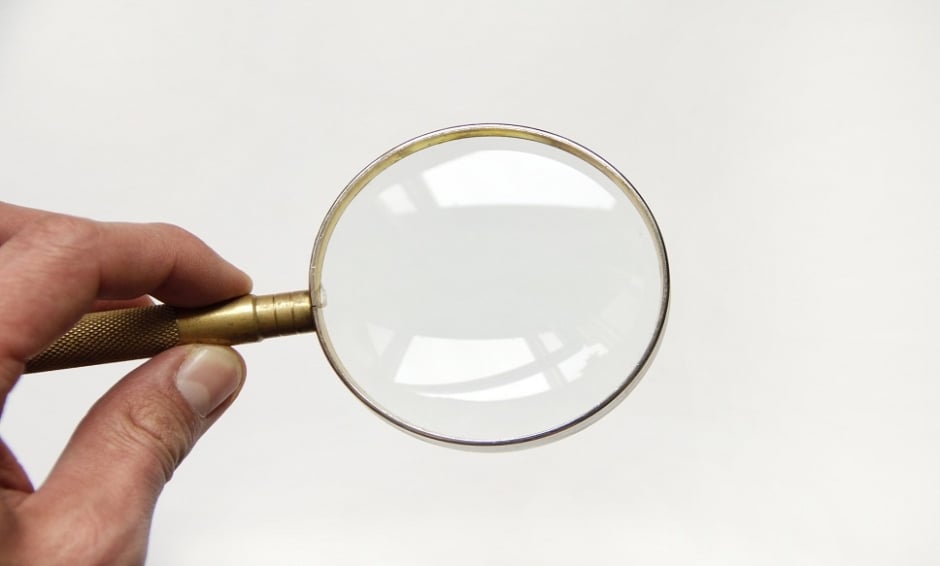FINDINGS in a new study show that melanoma patients could benefit from partner-assisted skin self-examination (SSE) for the early detection of new cancers as it helps individuals to feel more confident.
Dr June Robinson, Northwestern University Feinberg School of Medicine, Chicago, Illinois, and colleagues looked at whether individuals are embarrassed or feel uncomfortable having a partner who was not a medical professional routinely check for signs of new cancers. To do so, they conducted a study which assessed the levels of embarrassment, comfort, and self-confidence, reported by patients and their partners when performing SSEs. Participants (n=395) were aged between 21 and 80 years old, had a previous diagnosis of melanoma, and had a partner who would check their skin. Both the patients and their partners received a SSE education training programme and completed questionnaires every 4 months between June 2011 and April 2015.
To measure changes in the embarrassment and the level of comfort felt while performing SSEs, participants had to indicate in the questionnaires on a 5-point scale how well they agreed with two statements: “It is very embarrassing to have my partner help examine my skin”, and “I am very comfortable having my partner help examine my skin.” Participants also had to answer a series of 11 questions to indicate their self-confidence in performing SSEs.
The research team found that there was no significant change in the level of embarrassment or comfort felt in carrying out SSEs over the course of the study. They also saw a significant increase in self-confidence in performing SSEs for both patients and partners. The team also report measuring no differences between men and women in changes in embarrassment, comfort, or self-confidence.
In their article, the team concluded that: “This finding provides substantive evidence that asking dyads to regularly perform SSEs does not increase emotional barriers (i.e., feelings of discomfort of embarrassment).”
Jack Redden, Reporter







